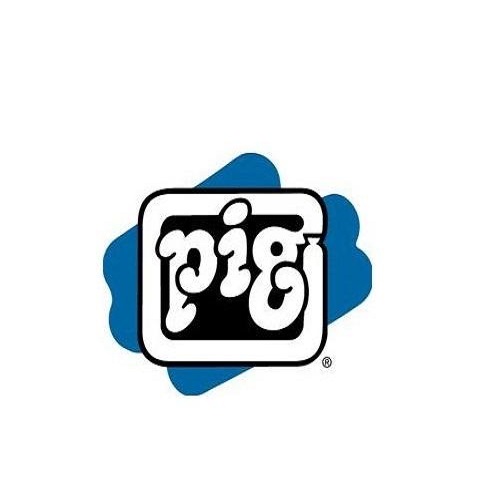In the recent past, so-called pig-butchering scams are on the rise. This term is based on a translation of the Chinese term "Sha Zhu Pan", where scammers refer to victims as "pig" which are to be "fattened up before slaughter" so that scammer can siphon off as much monetary value as possible. In this type of scam, attackers perform social engineering tricks on victims over an extended period to build credibility or relationships. After a certain period, when victims transfer larger amounts of money to scammers, the fraudsters' platforms or profiles go permanently offline and the victims' money is lost. In this work, we provide the first comprehensive study of pig-butchering scams from multiple vantage points. Our study analyzes the direct victims' narratives shared on multiple social media platforms, public abuse report databases, and case studies from news outlets. Between March 2024 to October 2024, we collected data related to pig butchering scams from (i) four social media platforms comprised of more than 430,000 social media accounts and 770,000 posts; (ii) more than 3,200 public abuse reports narratives, and (iii) about 1,000 news articles. Through automated and qualitative evaluation, we provide an evaluation of victims of pig-butchering scams, finding 146 social media scammed users, 2,570 abuse reports narratives, and 50 case studies of 834 souls from news outlets. In total, we approximated losses of over \$521 million related to such scams. To complement this analysis, we performed a survey on crowdsourcing platforms with 584 users to broaden the insights on comparative analysis of pig-butchering scams with other types of scams. Our research highlights that these attacks are sophisticated and often require multiple entities, including policymakers and law enforcement, to work together alongside user education to create a proactive detection of such scams.
翻译:暂无翻译



